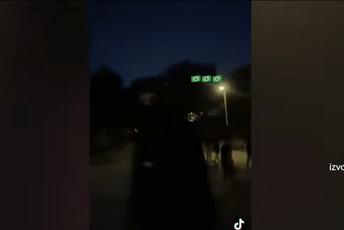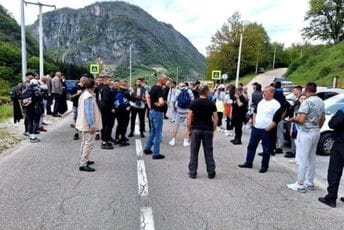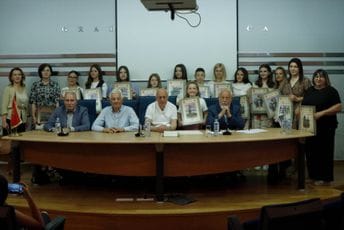The main topic of the article is the issue of peer violence in Montenegro, with a focus on recent incidents involving fights, knife attacks, and threats with firearms among students. Vesna Knežević, a member of the DPS committee, emphasizes that school violence is a symptom of a broader social problem, where an unstable society and poor role models contribute to the development of aggressive behavior among youth. It is highlighted that strict punishments and the introduction of supervisors are not sufficient; instead, there is a need to work on changing young people’s attitudes through education, morality, and ethics. The involvement of all social actors and investment in education are seen as key to long-term solutions to peer violence and its consequences on mental health and child development.
Political Perspectives:
Left: The left-leaning perspective emphasizes the societal roots of peer violence, highlighting the role of unstable social conditions, lack of positive role models, and the need for comprehensive educational reforms. It stresses the importance of addressing systemic issues and investing in youth education and moral development rather than relying solely on punitive measures.
Center: The centrist view acknowledges the problem of peer violence and supports a balanced approach combining enforcement measures like supervisors with educational initiatives. It recognizes the complexity of the issue, advocating for cooperation among all societal actors to effectively reduce violence in schools and improve youth behavior.
Right: The right-leaning perspective may focus more on the need for stricter discipline and enforcement to curb peer violence, supporting measures such as the introduction of supervisors and harsher punishments. It might emphasize personal responsibility and the role of family and traditional values in preventing youth violence.



















